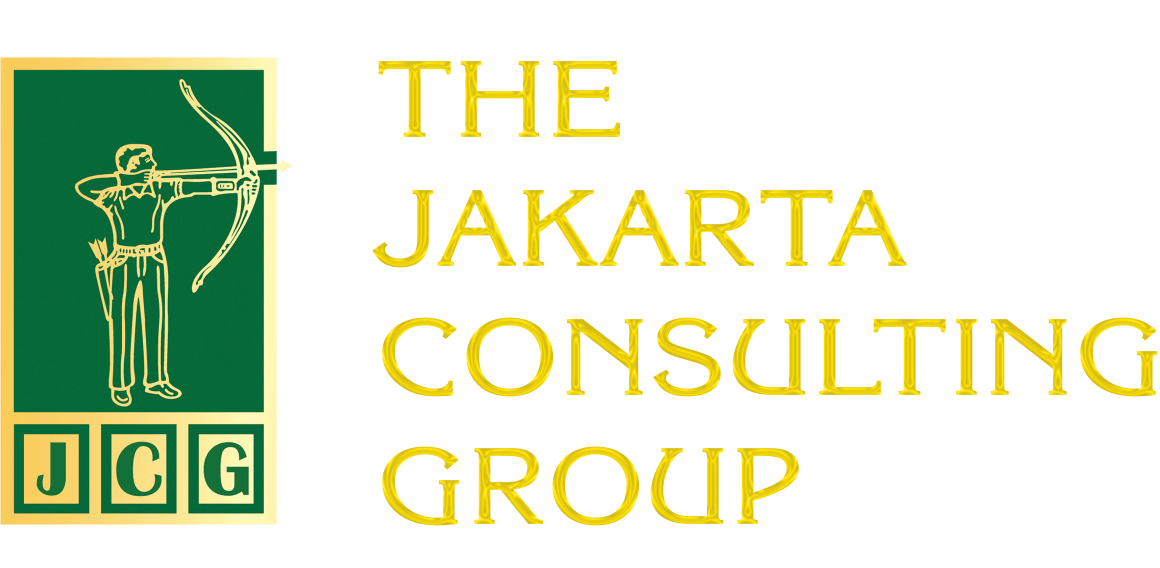One key challenge for multinational corporations is addressing ethical differences between their home countries and the countries they operate in. This is because business ethics are shaped by diverse cultures, religions, social norms, and legal systems in each region. This poses a dilemma: should companies follow local ethics or stick to their global ethical standards?
Values and Culture Conflict
Business ethics is a set of moral principles and values that guide the conduct of business activities. It covers various aspects, such as honesty, fairness, social responsibility, treatment of employees, consumer protection, and environmental sustainability.
At the local level, these ethics are usually influenced by the traditions and culture of the local community. Meanwhile, on a global scale, multinational companies generally have a universal code of ethics or corporate values. However, in practice, these different standards and expectations often lead to conflict and confusion.
Imagine a company from country A, where corruption is low, opening a branch in country B, where corruption is high. In country B, the culture of “facilitation payments” is still often considered part of everyday business practices. In fact, company A has a strict policy against all forms of corruption. However, local managers often face pressure to conform to local norms to ensure projects proceed smoothly without complications.
On the one hand, the company from country A chose to be flexible in order to maintain its business operations. On the other hand, staying consistent with anti-corruption principles could mean losing opportunities or facing difficulties in the local market. This is one of the most common ethical challenges multinational companies face when operating in different parts of the world.
Large Corporations and Business Ethics Dilemmas

Real-life examples of business ethics differences in multinational corporations abound. One of the most notorious involves Walmart in Mexico. The US retail giant was investigated for allegedly bribing local officials to speed up the licensing process for its business expansion.
On the ground, the local management team assumed that bribes were an unavoidable “operating cost” of doing business efficiently in Mexico. However, the U.S. headquarters policy strongly rejects bribery in any form. This case proves that when internal controls are weak and there is high pressure to meet targets, ethical violations are prone to occur. This happens even if the company promotes global values that are supposed to prevent such misconduct.
Another example of this business ethics issue is Siemens AG (Siemens). In 2008, Siemens AG, a German multinational, was caught up in a major corruption scandal. The company was accused of bribing government officials in a number of countries, including Nigeria, Venezuela, Bangladesh and Russia, to win business projects.
Some local Siemens managers argued that bribery was “normal” business practice in these countries. However, these actions clearly violated German law. They also breached international anti-corruption regulations, including the U.S. Foreign Corrupt Practices Act (FCPA). As a result of this scandal, Siemens had to pay more than USD 1.6 billion in fines-one of the largest in corporate history at the time. The incident forced the company to undertake a major transformation in its compliance and corporate governance systems.
Business Ethics Challenges for MNCs
It is undeniable that as a company that operates in many countries, MNCs face a number of challenges in upholding business ethics. These challenges are value and cultural conflicts, legal compliance dilemmas, and global reputation.
In multinational companies, managers are often faced with complex value and cultural differences. For example, perceptions of time, hierarchy and employee loyalty differ greatly from country to country. Blunt communication, which is considered normal in one place, may be seen as rude in another. On the other hand, local employees may find foreign company policies too rigid and difficult to implement in daily practice. This can lead to resistance, uncooperative actions, or even a quiet wave of resignations.
It is not uncommon for a company’s home country regulations to clash with local business practices. For example, the US Anti-Bribery Act (FCPA) prohibits American companies from giving kickbacks to foreign officials. However, in countries where “facilitation payments” are common, US companies risk breaking the law if they follow local customs. This situation creates a dilemma for managers: how to comply with global rules while still building good business relationships at the local level?
In the digital era, where information spreads quickly, a business ethics scandal in one branch of the company can damage the image of the entire corporation globally. Reputation is an invaluable intangible asset, but it can be destroyed in an instant by a single mistake in an even less strategic location.
Balancing Global and Local Business Ethics

In order to develop a global and local application of ethics, flexible policies must first be designed while maintaining ethical values. For example, while giving small gifts may be considered part of the customary courtesy in some cultures, the practice of bribery should remain absolutely prohibited. The most important thing is to emphasize core principles that cannot be compromised, such as anti-corruption and protection of employee rights.
Secondly, both expatriate managers and local employees need to be provided with in-depth training on the differences in business ethics and culture. This training is not just a formality, but also aims to foster empathy and cross-cultural understanding. With this awareness, managers can make decisions that are not only ethical but also sensitive to local values.
Third, providing safe and trusted internal reporting channels, such as whistleblower hotlines, to detect potential ethical violations as early as possible. This step also demonstrates the company’s commitment to upholding ethical standards consistently.
Fourth, the leader’s example. Ethical culture in an organization starts at the top. When leaders demonstrate high integrity and alignment between words and deeds, these values will permeate all levels of the company.
Related Posts:
Does AI Automation Speed Up Work, but Impoverish the Learning Process?
When Leaders Stifle Organizational Development
Five Essential Funds vs. Paylater: Financial Management Strategies that Impact Engagement and Wellbeing
Toxic Positivity in the Workplace: When Excessive Work Motivation Backfires
Understanding the Phenomena of Job Hugging & Job Hopping in the World of Work in 2025











